By Dr. Elizabeth Eggert
Kids are just as susceptible to occasional or chronic bad breath as adults are. If you’ve noticed bad breath when your child comes in for a snuggle, there are remedies. If their bad breath is a chronic problem, it’s important to investigate why. Bad breath may have its roots in poor dental hygiene or in another underlying health issue.
Improve Oral Hygiene to Improve Breath
Halitosis, a fancy name for bad breath, can be a consequence of poor oral self-care. Kids are prone to resisting or neglecting their brushing and flossing routines, so sometimes getting them back on track in this respect can resolve issues of unpleasant breath.
Leftover food debris can make breath smell bad. Both food particles and plaque feed the ordinary bacteria that live in the mouth. When they consume these organic materials, they emit volatile sulfur compounds that don’t smell good.
Poor hygiene can lead to cavities, gum disease, infections and other disorders of the mouth’s soft tissues. All of these can contribute to unwelcome scents in the mouth. It’s critical to resolve the root cause in these circumstances, to make sure your child’s mouth stays healthy. The tongue can also build up a whitish coating that consists of food, bacteria and sloughed-off skin cells. Brushing the tongue will help remove this coating. If your child has any loose fillings or crowns, these can also trap food that feeds bacteria.
When your child comes to see Dr. Jeff or Dr. Elizabeth, please let us know if bad breath is an issue for your child, and we’ll help get to the bottom of the cause.
Other Causes of Bad Breath in Kids
Halitosis can also be caused by some non-dental related health issues:
- Foreign object in the nose: Curious kids sometimes insert objects into their nostrils, which can lodge in the nasal passages. This can cause an ill-smelling infection.
- Sinus infection: With a sinus infection, fluids collect in the nasal passages and throat, bacteria accumulates in these fluids and can multiply and up the smell level.
- Swollen tonsils: Infected tonsils are red and inflamed, and may have white spots and smell bad. The infection itself can smell bad, and the swollen tonsils can trap food which can also lead to unpleasant odors.
- Complex and rare health issues like kidney failure, liver problems, stomach infections, diabetes, and cancer of the mouth can promote bad breath in children. Chemotherapy can also contribute to bad breath.
- Mouth breathing, dry mouth and low saliva levels: Saliva helps keep mouths healthy. It washes away bacteria and food debris, and it also neutralizes cavity-causing acids. The absence of saliva can promote halitosis.
- Medications: Some medications cause a dry mouth and bad breath.
- Diet: Garlic, onions, and other strongly flavored foods can cause bad breath, as can high-protein foods like fish, cheese and red meat.
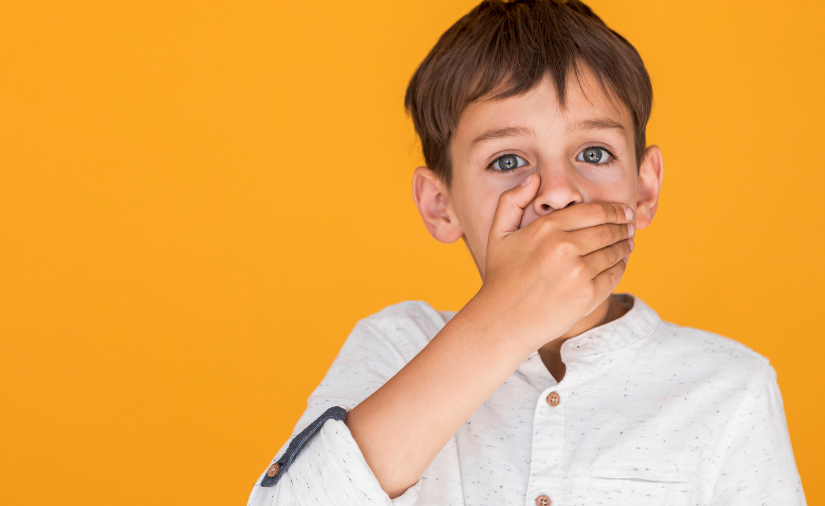

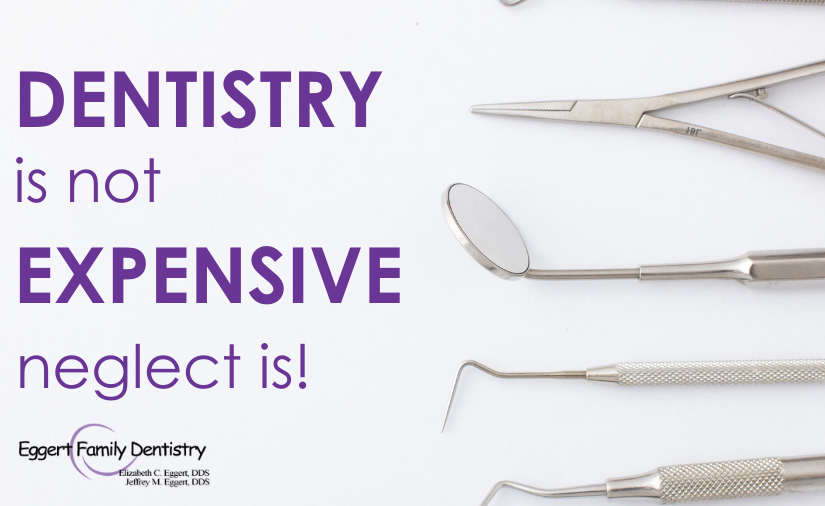

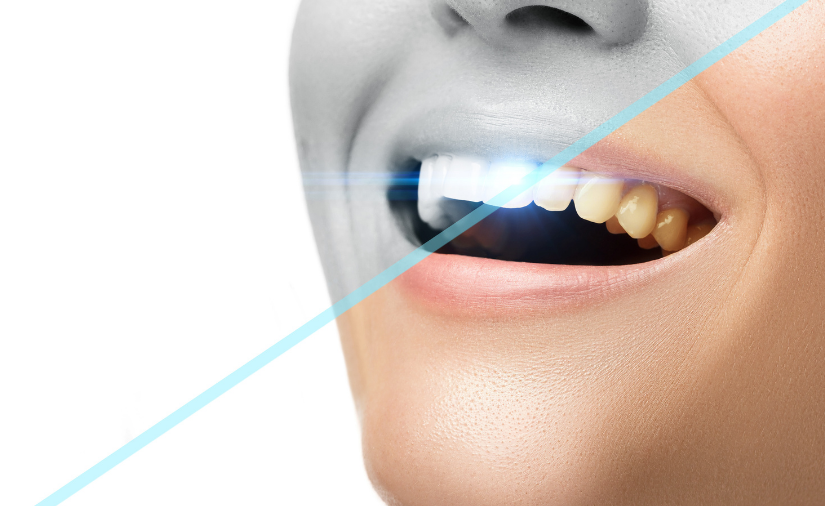

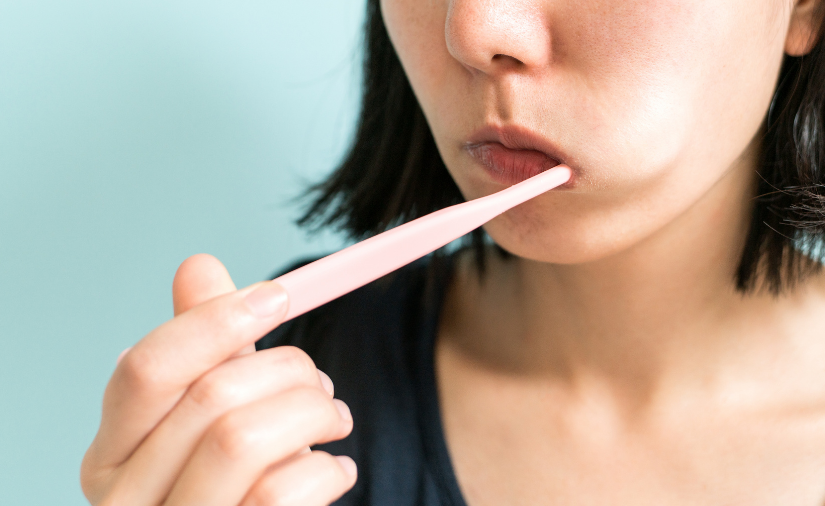

 There are many ways in which drinking water and staying hydrated contribute to your health, but drinking water also offers critical benefits to your oral and dental health as well.
There are many ways in which drinking water and staying hydrated contribute to your health, but drinking water also offers critical benefits to your oral and dental health as well. You may not realize that tooth decay thrives in a dry mouth. This is because saliva contains minerals such as calcium and phosphate, which help discourage tooth decay. Drinking water helps promote more saliva production in your mouth, which is more ammunition in the
You may not realize that tooth decay thrives in a dry mouth. This is because saliva contains minerals such as calcium and phosphate, which help discourage tooth decay. Drinking water helps promote more saliva production in your mouth, which is more ammunition in the 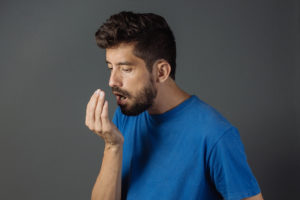 Morning breath and general bad breath is often caused by a dry mouth. Drink water throughout the day, and you will promote saliva production, which helps discourage the unwelcome stinky bacteria working in the mouth.
Morning breath and general bad breath is often caused by a dry mouth. Drink water throughout the day, and you will promote saliva production, which helps discourage the unwelcome stinky bacteria working in the mouth.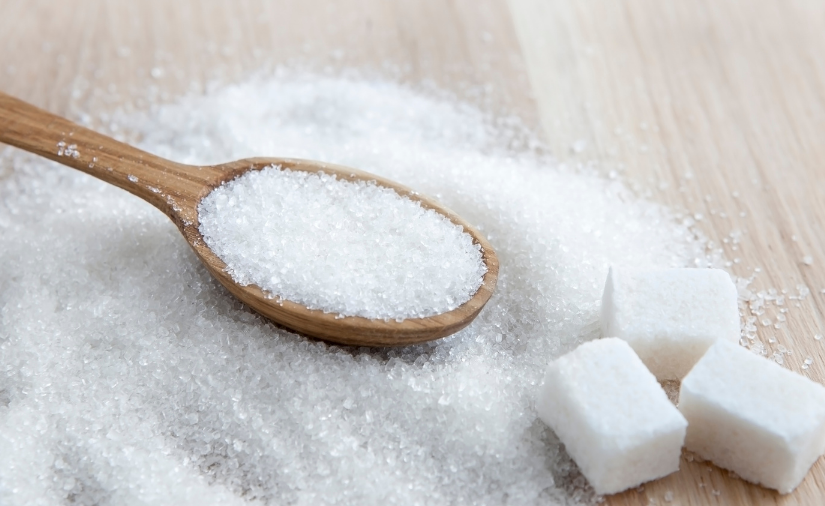
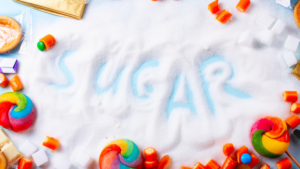 While we don’t expect many people to give up sugar entirely, we do want to urge moderation. Some folks are calling sugar “the new smoking,” as it does have negative effects on our health, from dental cavities to weight gain to inflammation.
While we don’t expect many people to give up sugar entirely, we do want to urge moderation. Some folks are calling sugar “the new smoking,” as it does have negative effects on our health, from dental cavities to weight gain to inflammation.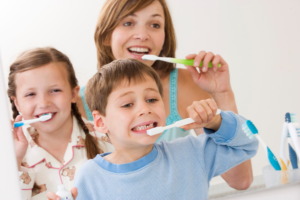 Of course, reducing sugar doesn’t reduce your obligation to brush and floss. Keep up your
Of course, reducing sugar doesn’t reduce your obligation to brush and floss. Keep up your 
 I am a foodie, I confess. As a dental hygienist I have had the opportunity to talk about nutrition, recipes and good eats with patients for over 30 years. Food is truly a universal language.
I am a foodie, I confess. As a dental hygienist I have had the opportunity to talk about nutrition, recipes and good eats with patients for over 30 years. Food is truly a universal language.